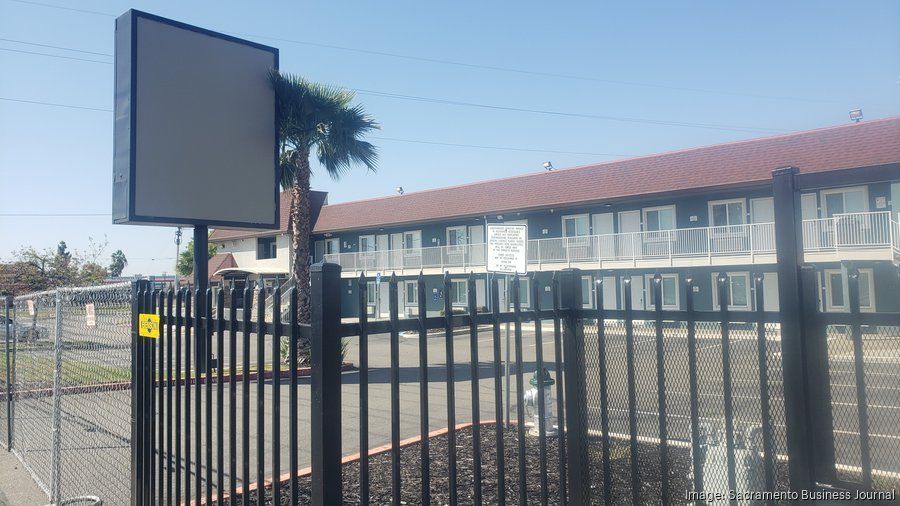California Nonprofit to Open Housing for Formerly Incarcerated
For every 10,000 formerly incarcerated people, 570 experience housing insecurity of some kind, compared to 21/10,000 for the general public

Housing instability is a significant problem for formerly incarcerated individuals, with many facing homelessness or tenuous living situations after being released from incarceration. Factors like discrimination, lack of affordable housing, and barriers to employment and public benefits all contribute to housing insecurity. Formerly incarcerated people are significantly more likely to experience homelessness than the general population, with some studies showing they are up to 10 times more likely. Beyond homelessness, many formerly incarcerated individuals also experience housing insecurity, living in marginal housing like boarding houses, hotels, or motels.
According to the National Institute of Health, for every 10,000 formerly incarcerated people, 570 experience housing insecurity of some kind, as compared to 21 people per 10,000 for the general public.
Re-entry programs, including those that provide housing or rental assistance, can play a crucial role in preventing homelessness and promoting housing stability for this population. Addressing housing instability requires a multi-pronged approach that includes expanding affordable housing options, reducing discrimination, and providing comprehensive support services to formerly incarcerated individuals.
A Sacramento/Yolo County nonprofit organization is doing its part to help address those issues at the heart of housing instability for those seeking a second chance after completing their incarceration.
Hope Cooperative is opening a transitional housing project in a former Quality Inn in South Sacramento, and the motel is being redeveloped into housing for formerly incarcerated adults. The project, set to open May 22nd 2025, will offer 59 housing units with meals, wellness groups, and intensive case management.
You can read more about the soon-to-open project in "Housing for formerly incarcerated adults coming to former Sacramento motel" in the Sacramento Bee. Hope Cooperative is a nonprofit serving Sacramento and Yolo County that moves people from a life of instability by providing permanent supportive housing, mental health services, substance-use rehabilitation, and life skills.










